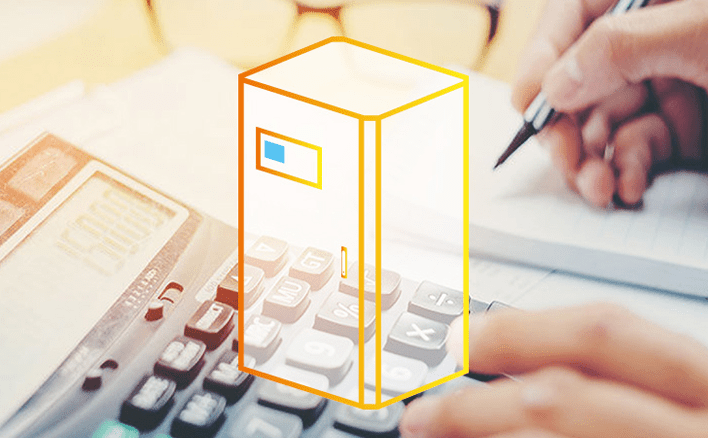UPS choosing and buying guide
gathering information before choosing and buying UPS is an absolute essential work to do. In this article we tried to present you useful information about what is UPS? And the different forms of it’s applications. Let’s begin.
This article consists of these contents:
- Why UPS?
- What is UPS?
- Applications of UPS
- Reasons to use UPS
- Types of UPS and their differences
- Conclusion
Why UPS?
Power outages and fluctuations in Mains cause lots of problems for people around the world. Equipment and home appliances’ damages such as computers, televisions, etc. is among the most common problems.
For this matter, various solutions have been proposed, such as electric motors, stabilizers, etc., each of them has its own disadvantages of course. For instance, The electric motor always makes a lot of noise, or the stabilizer, which it’s main task is to eliminate city electricity fluctuations, is completely useless in the power-out.
But Another solution for solving the power failure problem, which includes the advantages of the previous methods beside solving their problems, is UPS.

What is UPS?
UPS (uninterruptable power supply), is an electrical device which main task is to protect sensitive electrical equipment against sudden power outages as well as fluctuations. In this case, to prevent damage to the device and loss of sensitive information, UPS provides you high-quality emergency power.
Applications of UPS
UPS consists of 3 primary sections : Stabilizer, Charger, Inverter.
In case, the frequency and voltage of Mains has normal conditions, the UPS uses the same input feed various equipment such as TV, computer and industrial equipment. In case any fluctuations effect the mains for various reasons, the UPS removes all the fluctuations by its stabilizer and provides 220V in the output.
Reasons of using UPS
Surely, There are many reasons that why you should use UPS. Lets check some of them:
Sudden power outage : causing loss of sensitive information
Momentary voltage drop : causing the lamps and light to blink
Momentary voltage rise : causing damage to the electronic equipment
Voltage drop : reducing the supply voltage for a certain period of time, which causes the motors to heat up
Network noise : causes electromagnetic interference
Types of UPS and their differences
UPS is divided to 3 main sections in technology terms :
- Online 2. Offline 3. Line-interactive
Online UPS :
The function of online UPS is that initially the mains is rectified by the rectifier of the device and turns into DC and charges the batteries. Then it is converted back into 220V AC by the inverter which is active at any time and provides requested power for the protected equipment. By this method, it provides the highest quality electricity among the mentioned types of UPS. In online UPS, there is no switching delay in supplying output power (zero millisecond) and this means The consumer will not even notice the power failure.
With a power outage, the inverter immediately feeds the load without interruption using the energy stored in the batteries. for sensitive devices, online UPS is an absolute essential. Online UPS are suitable for all types of usage and truly are the most efficient among all types of them. It is highly recommended to use online UPS for sensitive equipment.
Offline UPS:
Offline UPS offers only basic features; Such as protecting the electronic devices against unwanted high voltage and charging batteries. These types of UPS normally use mains power, but as soon as the power failure, they transfer battery power to the output.
switching speed in this type is about 5 to 10 milliseconds. This period of time may seem very fast, but nevertheless it is not so fast that it can provide the instantaneous power required by sensitive equipment and may cause some unwanted damages. Although Offline UPS has a lower price, but it also has a lower level of protection.
It is not recommended to use offline UPS in hospitals and clinics for medical and dental equipment.
Line-Interactive UPS:
Line-interactive ups is actually Offline UPS but offers enhanced protection compared to offline uninterruptible power supplies thanks to their ability to monitor the voltage levels and correct any under or overvoltage. This model of UPS adjusts the voltage automatically. Besides during a power outage, they convert the battery energy into alternating current and provide it to the consumer.
Conclusion About UPS :
According to the article we can summarize the advantages of UPS as follows :
- Prevent power outages
- Eliminates the Mains fluctuations
- Eliminates the network disturbances
- Eliminates the network noise
- Eliminates the possibility of sensitive information loss
- Prevent any damage to electrical equipment and appliances
- Without noise pollution and without need for special maintenance




